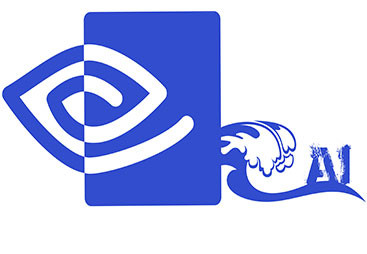Some thoughts on Nvidia regarding AI

ISP & Data Privacy in USA
Last year, on the 4th April, the bill allowing ISP (Internet Service Provider) to sell your data browsing, was officially signed into law by President Trump.
In the background, two visions of Internet collides: Net neutrality and Open Internet.
Defining The Terms:
Let us define some terms before starting our discussion on its implication :
ISP: Internet Service Provider - Your home broadband for example.
Net neutrality: Internet Framework defined by the regulator
Open Internet: Internet Framework defined by the market, profit and non-profit bodies or the consumer
ICANN: Internet Corporation for Assigned Names and Numbers
FCC: Federal Communications Commission - Internet regulator in USA
ICANN as defined on Link:
ICANN is a not-for-profit public-benefit corporation with participants from all over the world dedicated to keeping the Internet secure, stable and interoperable. It promotes competition and develops policy on the Internet's unique identifiers. Through its coordination role of the Internet's naming system, it does have an important impact on the expansion and evolution of the Internet.
At the heart of ICANN's policy-making is what is called a "multi-stakeholder model." This is a community-based consensus-driven approach to policy-making. The idea is that Internet governance should mimic the structure of the Internet itself- borderless and open to all.
Not to take the story in the middle, in 2016, the Federal Communications Commission or FCC passed a new law which requires ISP to obtain explicit “opt-in” consent from consumers before they could share and sell their personal information (i.e. browser history, location, communications) to third parties.
The congress brought forward a congressional review act to reject the consumer privacy law, yet the act was vetoed by both Senate and the House. As mentioned earlier, Donald Trump finalised the act by signing into law ending the FCC move into a failure of protecting consumers from big data handlers.
Some would see it as a victory of corporation over the public interest. It is more complicated than that. The regulator FCC took certain number of measures (such as open, interoperable network that created bottleneck infrastructure) more than 15 years ago with unattended consequences that killed small ISPs. Some of these smaller ones had this consumer privacy build it in by default. Long story short, we have today, in terms of subscribers, a duopoly on the ISP market: Time Warner Cable and Comcast provide Internet. Which naturally give them a considerable leverage. These two have basically the same policy in terms of data management.
Going back on my first statement, Donald trump did not enact a new law, he signed a law that has prevented a ongoing process to protect consumer privacy. The ISPs have been already selling data consumer without consent up to now.
What to do? Two options are left: Gather enough momentum around you to react or take individual measures to protect your privacy. The use of VPN is one of the measures.
Another recent example that contrasts with the GDPR which comes into force the 25th of MAY 2018. The CLOUD Act Bill (S 2383 / HR 4943) was passed by the house of representative and the senate on 22nd march.
This bill allows a reciprocal access of communications between United Sates and other countries in the world without due process.In other words, it grants access to any countries in the world to americain citizens' data. Some in United States have already raised concerns as it violates the 4th amendment.
To me, the concern is the other way around. Are we going to see an extended and legal NSA?
Sources:
https://arstechnica.com/tech-policy/2017/03/senate-votes-to-let-isps-sell-your-web-browsing-history-to-advertisers/
https://www.goldenfrog.com/blog
https://www.goldenfrog.com/blog/policy-definitions
https://www.goldenfrog.com/blog/policy-highlight-cloud-act



